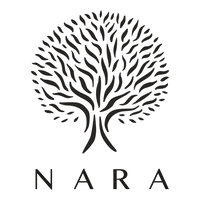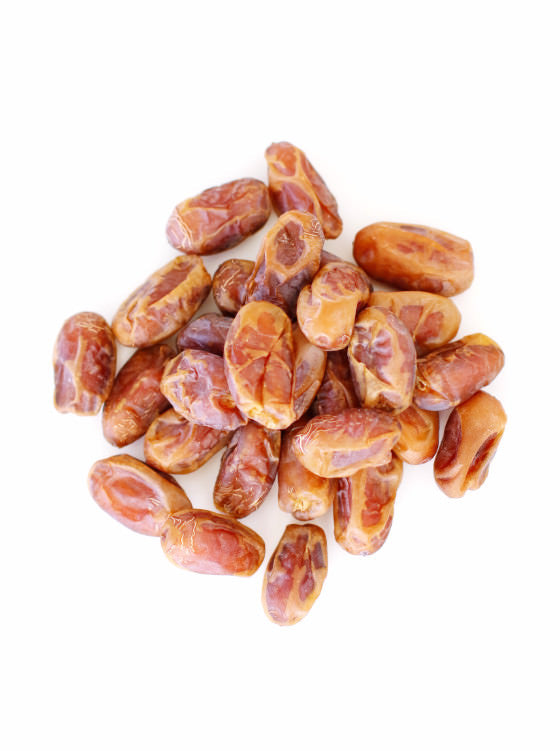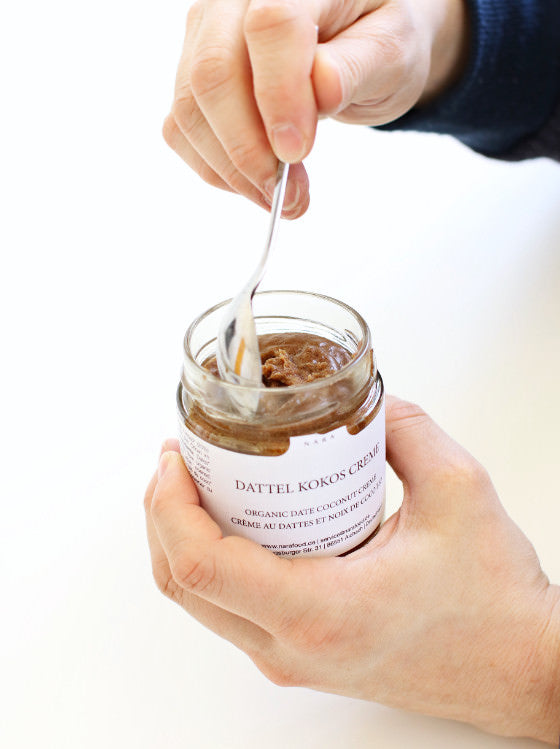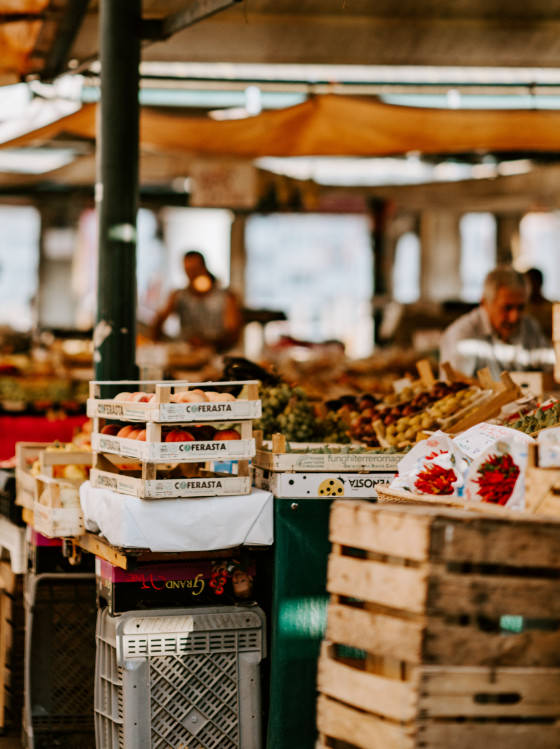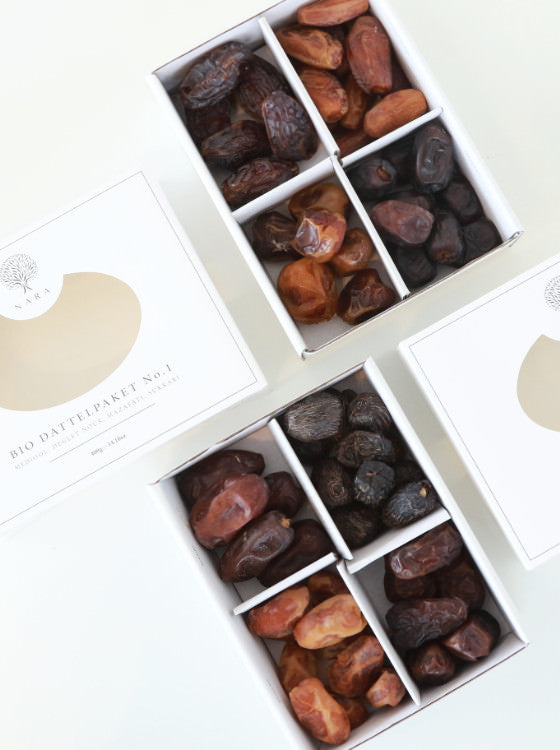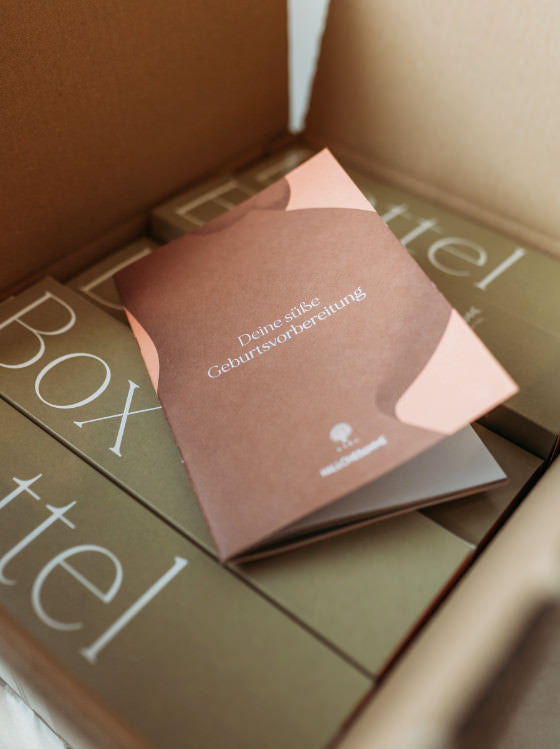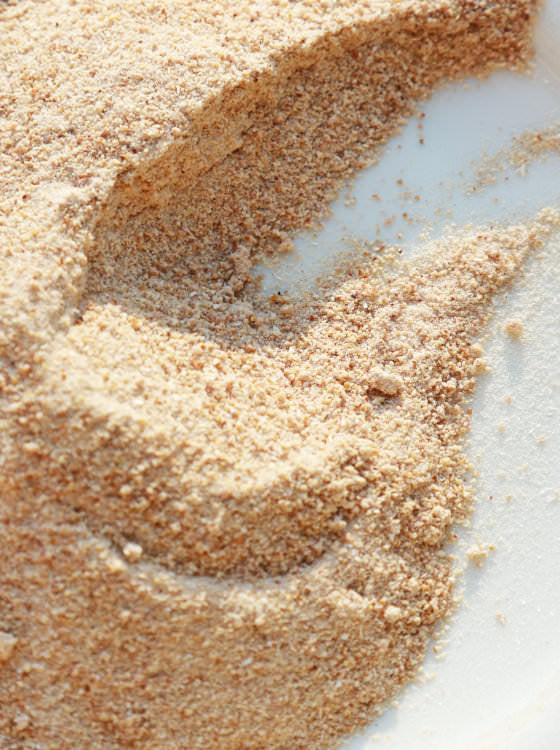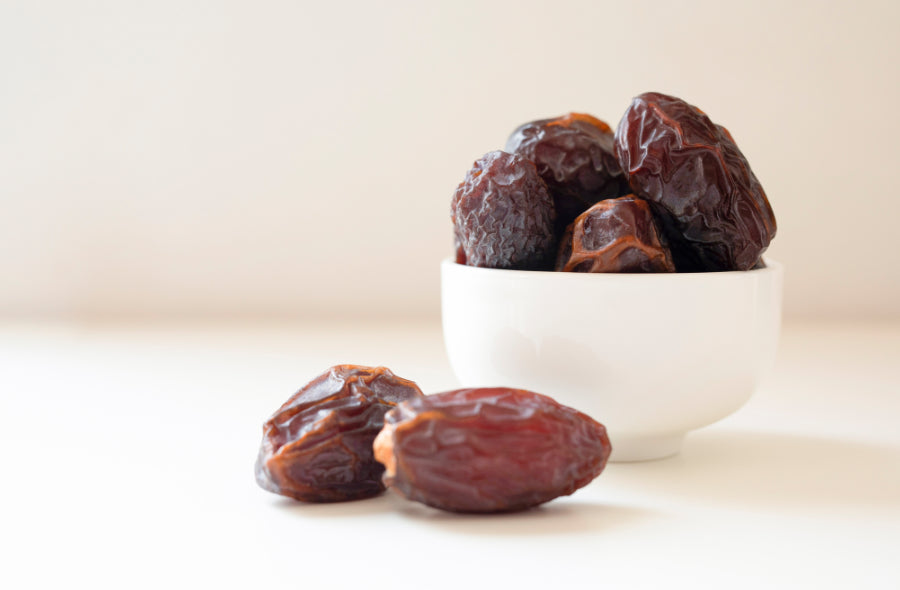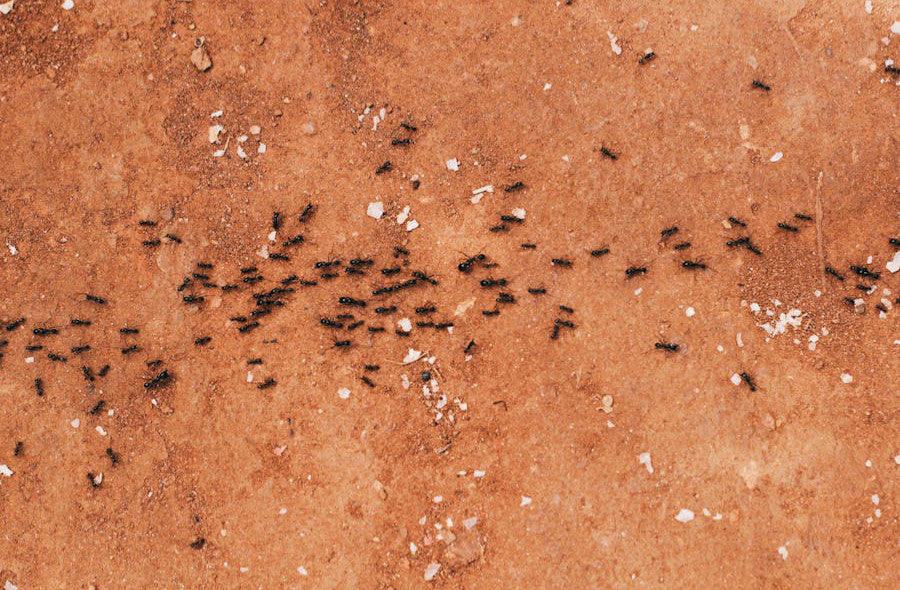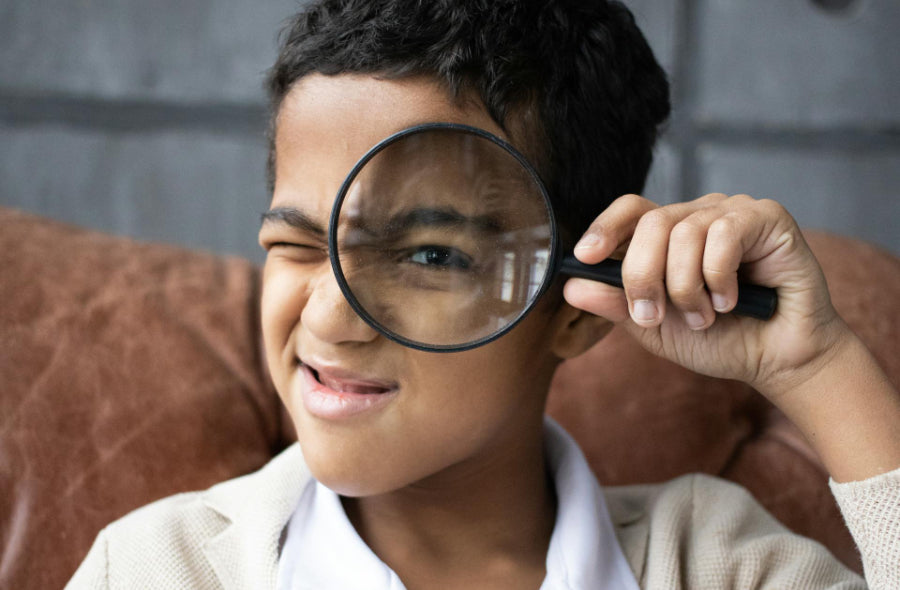We regularly receive the question from both convinced date fans and "newbies": "How much iron is actually in dates and can they really contribute to an iron-rich diet?" In this blog post, we shed light on the iron content of these sweet fruits, put it in relation to other foods and give you tips on how you can enrich your meals with dates.
What is the importance of iron for the body?
Iron is an essential trace element. It plays a key role in the formation of haemoglobin, the protein in red blood cells that is responsible for transporting oxygen through our body. A sufficient iron content in the body is essential for energy production and metabolic processes.
A lack of iron can lead to symptoms such as tiredness, weakness and anemia. It can be particularly advisable for people with an increased iron requirement, such as athletes and pregnant women, as well as people on a vegetarian or vegan diet, to keep a close eye on their individual iron requirements.

What is the iron content of dried dates?
While dates excel as a source of potassium, they can also provide you with other nutrients - including iron:
- On average, dried dates contain around 0.9 - 1.9 mg of iron per 100 g. Medjool dates, for example, contain 0.9 g per 100 g according to the U.S. Department of Agriculture.
Fresh dates, on the other hand, have a lower iron content compared to their dried counterparts. Why is that? During the drying process, the water evaporates from the date, which concentrates the nutrients in the date.
Are there differences in iron content between different date varieties?
Yes, the iron content can in principle vary depending on the date variety. However, with regard to our body's daily iron requirements, these differences are not large enough to recommend one variety as a better source of iron.
Comparison with other fruits
Compared to many other fruits, dates appear at first glance to be a particularly good plant-based source of iron. For example, apples and bananas contain less than 0.5 mg of iron per 100 g, while dried dates provide around 1 mg of iron per 100 g. But we usually eat apples and bananas fresh!
The iron content of dried dates is lower than that of other dried fruits:
- Banana chips provide between 2.8 mg of iron per 100 g.
- Dried peaches around 4.4 mg per 100 g.(Iron suppliers: PDF from the German Red Cross Blood Donor Service)

So are dates a good source of iron?
First of all: The nutrient values of natural products can vary due to growing conditions, soil, fertilizer, feed, etc. and can therefore sometimes be lower or sometimes higher.
Dates contain iron and are therefore "a" source of iron. However, their iron content does not make them stand out as the absolute "star" among other iron-rich foods. Foods such as black pudding, liver, pulses, pumpkin seeds, amaranth, millet, wheat bran and some green leafy vegetables all contain significantly higher levels of iron.
Bioavailability for absorption
The term bioavailability refers to how well the body can absorb the substances contained in food. Iron from plant sources, such as dates, is in the form of non-heme iron. This is less well absorbed by the human body than heme iron from animal sources. Nevertheless, the absorption of non-haem iron can be improved by certain dietary habits, such as eating foods with vitamin C at the same time. This is because vitamin C binds to the non-haem iron and forms a complex that our body can process more easily.
Can you meet your regular daily iron requirement?
The iron requirement is not the same for everyone, but varies according to age and gender.
- Infants need the least iron at 0.3 mg/day. For children up to the age of 13, the requirement is between 7 and 14 mg/day, depending on age.
- For men it is usually up to around 11 mg/day.
- In women, factors such as menstruation and pregnancy have an effect on iron requirements in addition to age. Menstruating teenagers and women should take up to 16 mg/day, while women who no longer have a period after the menopause need 14 mg/day. At 27 mg/day, pregnant women have the highest daily requirement of iron, while 16 mg/day is recommended after giving birth.
To get this amount of milligrams from dates alone, you would have to eat them by the kilogram every day, which a) would not be recommended due to the high fructose content of dates alone and b) would contradict a balanced diet.
How do vegetarians and vegans benefit?
While dates do contain iron and are very popular in a balanced vegetarian or vegan diet, lentils, beans, sesame or pumpkin seeds are more effective sources of iron.
Can dates help with iron deficiency?
Dates can contribute to iron absorption, but if you have a serious iron deficiency, you need professional expertise: If you suspect an iron deficiency, please speak to your doctor and get individual advice on suitable nutritional strategies and supplements.

Dates as part of an iron-rich diet? Conclusion + tips:
Dates can provide you with a moderate amount of iron, which can be absorbed particularly well in combination with vitamin C-rich foods. In addition, dates contain fiber, vitamins, trace elements and natural sugars, which can make them a valuable and tasty addition to your daily diet. Regular consumption of dates can therefore contribute to meeting your daily iron requirements, but cannot guarantee this alone.
Would you like to buy dates from Narafood and enrich your diet in combination with other iron-rich foods?
Here are a few culinary suggestions for you:
- Add chopped dried dates to amaranth muesli or oat porridge - combined with nuts and seeds, which also contain iron.
- Prepare a salad with spinach, rocket and quinoa and garnish it with chopped dates and pieces of orange to improve iron absorption.
- You can use dates as a natural sweetener in baked goods. This vegan fruit bread with dried apricots and dates goes perfectly with a tangy black tea.
Your Nara team wishes you lots of fun and sweet enjoyment!
